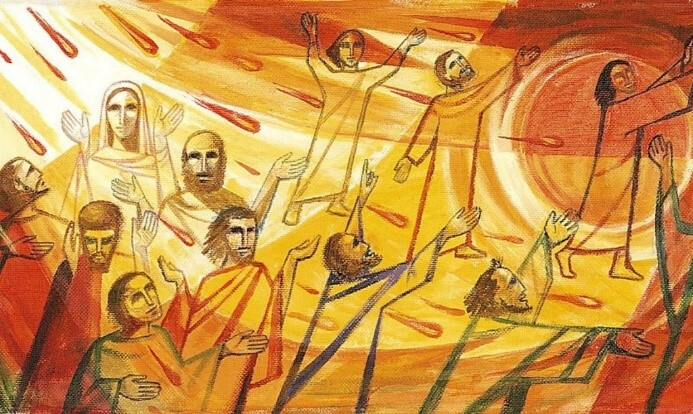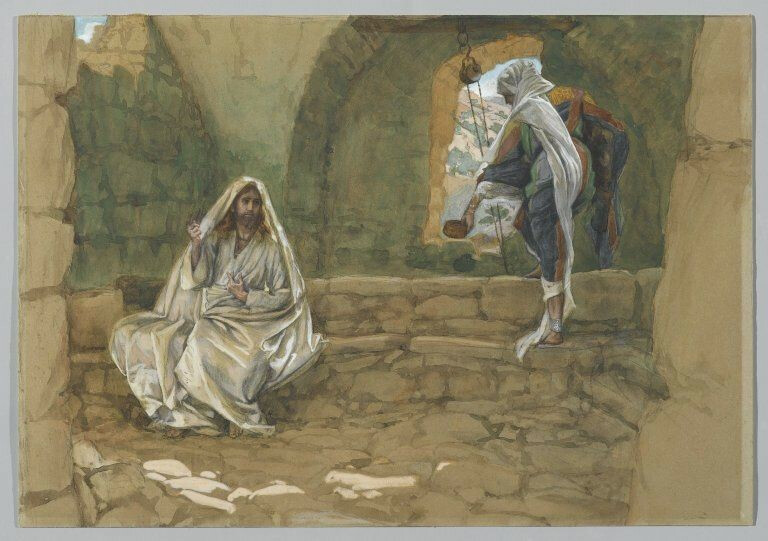Pentecost Transformation
This Sunday is Pentecost Sunday in the church year. Pentecost is a word that means “50” because Pentecost takes place 50 days after Easter. It is celebrated as the day the Holy Spirit came down from heaven and fell upon the followers of Jesus. He had left them 40 days earlier – 40 days after he rose from the tomb – to ascend into heaven and sit at the right hand of God. And so on Pentecost the Holy Spirit came down, fell on the followers of Jesus and turned them into “The Church.” It is even thought of in some ways as the Birthday of the Church. It is also the when those followers of Jesus “spoke in tongues” and where the history of Pentecostal and charismatic worship began.

What I love about Pentecost is the fact that it didn’t begin as a Christian “holiday.” It actually began as a Jewish one. On that day when the Holy Spirit fell from heaven, the disciples and thousands of others were in Jerusalem to celebrate a Jewish religious festival. And it was during that festival – that traditional holiday – that God did something new, through the Holy Spirit, to establish the church.
That speaks to me, as a Christian, because it is the reminder that God takes what is traditional – familiar; what is already here - and can transform it into something new. Not just something new, but something hopeful and life-giving.
What that means to me is this:
No matter what the condition of your life is now, in the hands of God – and through faith – we can see it as something new, hopeful and life-giving. Often, when we face obstacles, difficulties or great challenges, our secret prayer is that we wish they would go away; that God would take some kind of cosmic eraser and wipe the slate clean and we could go back to a situation that was easier and safer. But Pentecost is our hope that no matter what the condition of our present life may be, God can transform even IT into something hopeful and life-giving for us.
Oh, and one more thing:
We invite you to wear RED this Sunday. Red shirts, ties, suits, dresses, accessories, socks, hats, etc… Whatever you have that is RED, wear it!!! Red is the official color of Pentecost and we hope you’ll help us “Paint the Church Red” this Sunday.



